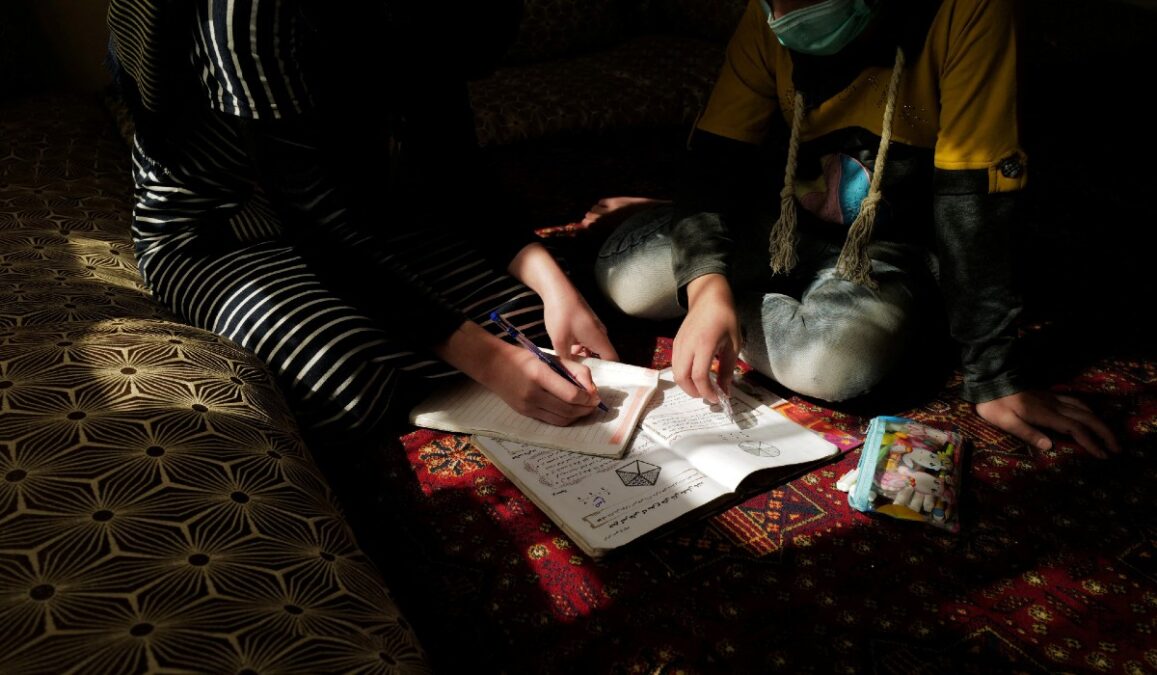KABUL — As the world marks the International Day of Women and Girls in Science on February 11, the United Nations Educational, Scientific and Cultural Organization (UNESCO) has urged for guaranteed access to education for Afghan women and girls, emphasizing the need for inclusive learning environments.
“Ensuring access to education and opportunities in modern sciences empowers women and girls to build a brighter future for all,” UNESCO said in a statement. “On this day, we reaffirm our support for creating inclusive educational spaces where talent can thrive.”
The United Nations has also highlighted the importance of strengthening women’s participation in science and technology, calling the day a crucial moment for promoting gender equality and women’s empowerment.
Despite these calls for action, millions of Afghan girls remain out of school, as the Taliban’s ban on female education enters its third year.
Shabnam, a ninth-grade student in Balkh, once dreamed of studying computer science and becoming a software engineer. Now, with schools and universities closed to women, she says those dreams have been shattered.
“Every door feels closed to me,” she said tearfully. “I used to think about how to reach my goals faster. Now, I only think about how to get through each day with a little hope for life.”
For many Afghan girls, education was more than just learning—it was a part of their identity. “Since they took away our schools and universities, we have died inside,” Shabnam said. “To erase a person from society is the same as killing them.”
The Lasting Impact of the Education Ban
The Taliban’s restrictions on girls’ education have had devastating effects. According to UNESCO, the ban has resulted in 1.5 million girls losing a combined three billion hours of education. Additionally, 30 percent of Afghan girls never entered primary school, and 100,000 women have been forced to abandon their university studies.
Morsal, a university student who was forced to stop her education, says the ban has left young women feeling hopeless and isolated.
“I lost my chance to continue my education. We are unemployed, stuck at home, and falling into depression,” she said. “Every day, new restrictions are placed on women. If the Taliban claims to respect women’s rights, they should prove it by lifting these bans.”





